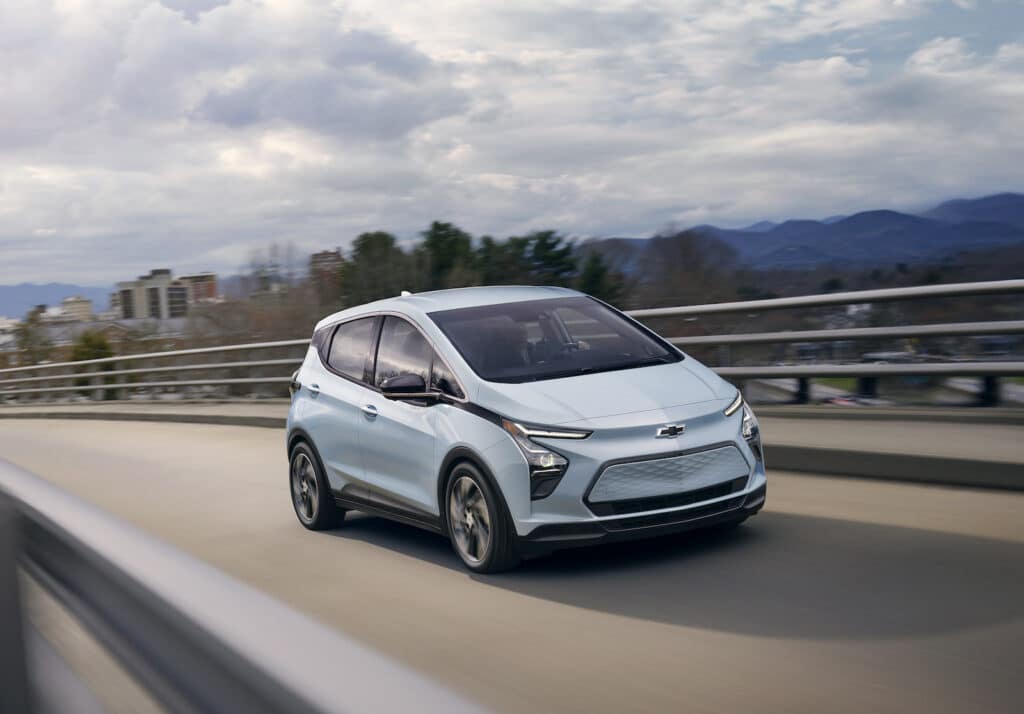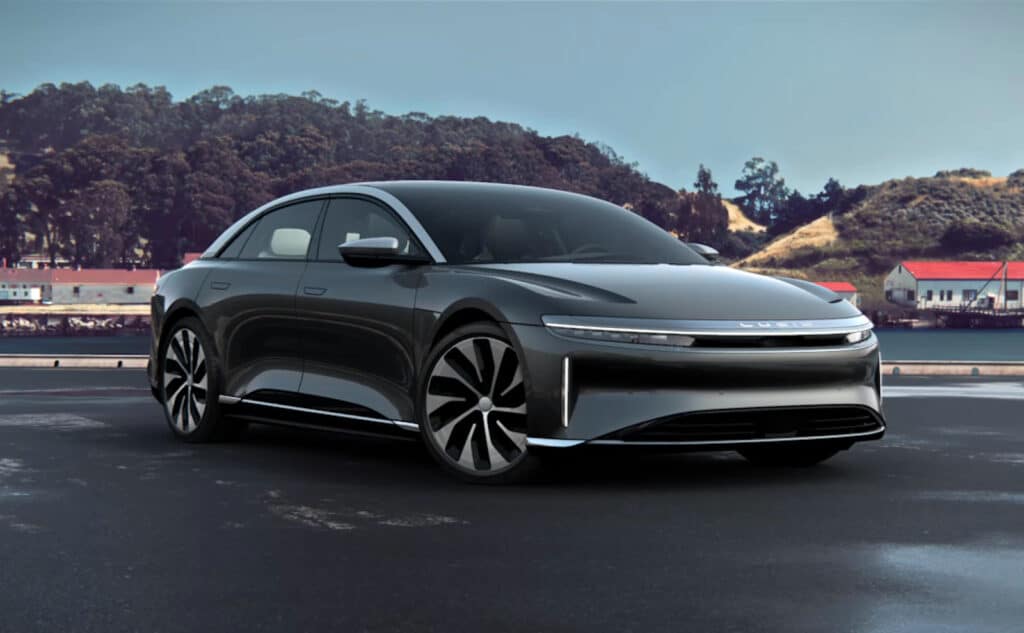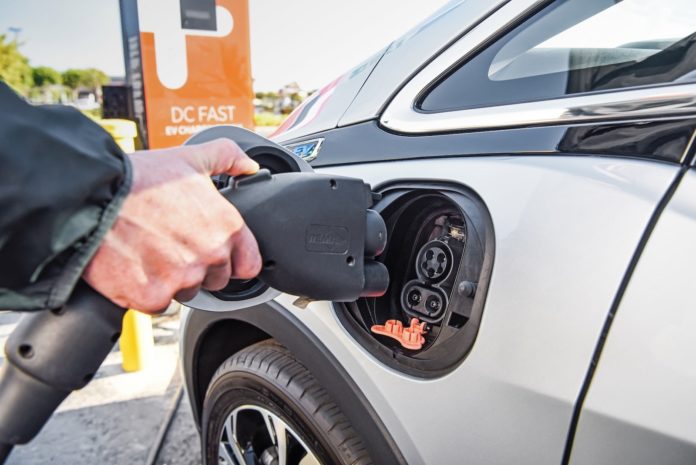If you’re thinking about buying an electric vehicle, you can call yourself a 34 percenter.
That’s right, according to a new poll conducted by Reuters and Ipsos, about a third of Americans are interested in buying a new EV. Unsurprisingly, about the same number — 31% — are a firm “No thank you” on a battery-electric vehicle.
The poll shed some light on who is ready to plunk down their hard-earned money on a new EV, and there aren’t too many surprises. Leading with the obvious, Democrats are twice as likely as Republicans to buy one: 50% versus 26%. However, independents sided with Republicans with just 27% eager to plug in their next car, truck or crossover.
Most of the current EVs on the market, which numbers at least 60 now, aren’t going to be bought by the 34 percenters because they cost too much. Fifty-six percent said they wouldn’t pay more than $49,999 for an EV. The average price for a new EV is in excess of $60,000, with some exceeding double that figure and more.
The seven-day poll, conducted online, surveyed 4,410 people nationwide and had a credibility interval of about 2 to 3 percentage points in either direction, Reuters noted.

Not just cheaper, but farther
While the desire for a less expensive EV isn’t a big surprise, the demand for extended range does offer information that some may find surprising, starting with 35% of respondents saying they wanted EVs to have a range of 500 miles or more. Just two vehicles — the Lucid Air and Tesla Model S Plaid — offer that kind of performance.
Another 37% were willing to “settle” for a minimum of 300 miles between charges. Fortunately for some automakers, they have that distance covered, but a majority of the current EVs available fall under that number. The average American drove 12,724 miles a year in 2020 — or about 35 miles a day, according to the U.S. Department of Transportation.
Men are more likely to buy an electric vehicle than women, according to a Consumer Reports survey last fall. Younger adults are also more likely to buy one than older adults. Unsurprisingly, higher income households were more likely to buy one than lower income ones. So, the group most likely to buy an EV — men between the ages of 34 and 54 — also drive the most at a little more than 50 miles per day, still well under the preferred range numbers.

Not a surprise
Wondering if that represents any type of trend? Not really, the aforementioned Consumer Reports study showed 36% of Americans plan to or “are seriously considering” buying or leasing an EV. Plus, another 35% are at least open to the idea.
Much like the Reuters/Ipsos poll, less than a third said they’re passing on an electric vehicle at 28%.
Regardless of what these polls do or do not suggest, EV sales are on the rise and are expected to continue moving up for several years. They accounted for about 6% of new vehicle sales in 2022.
In fact, according to J.D. Power, 85% of those who purchased an EV in 2022 were first-time buyers, up from 74% just the year before. And Power forecasts an even higher number this year.
Among first-time buyers of mass market EVs, lower operating costs, tax credits and other incentives were the primary reason for purchase, Power’s 2023 U.S. Electric Vehicle Experience study reveals, while driving performance was the biggest purchase factor for those buying a premium EV.

